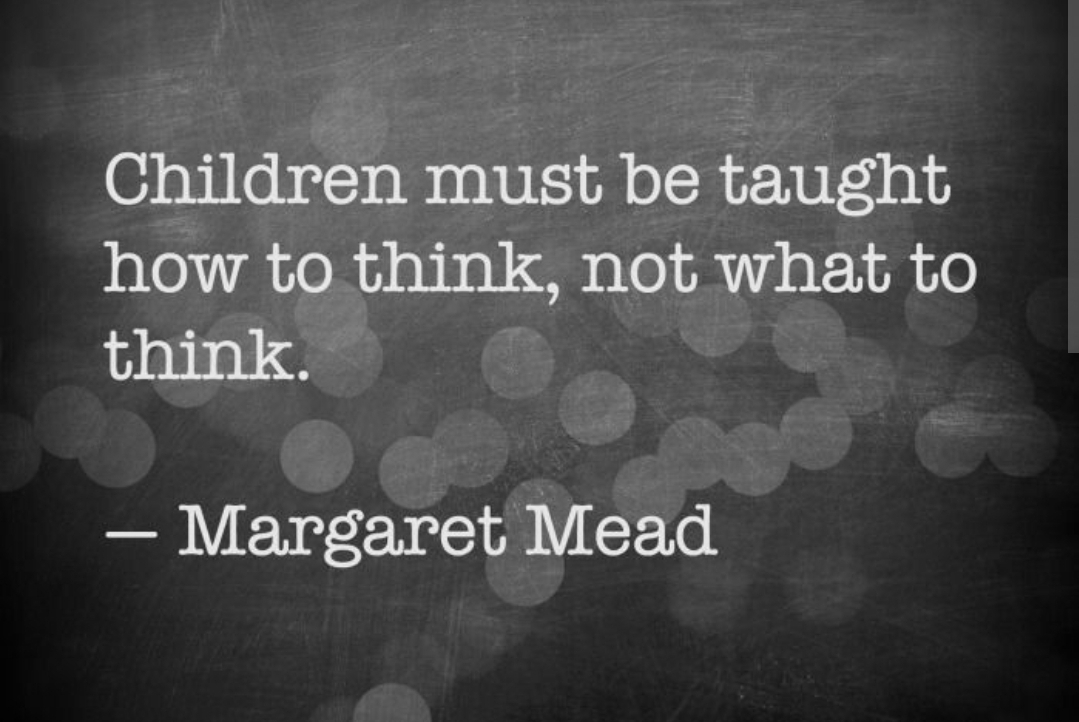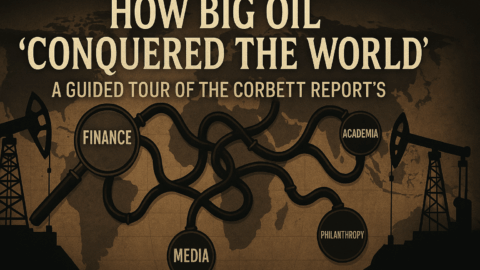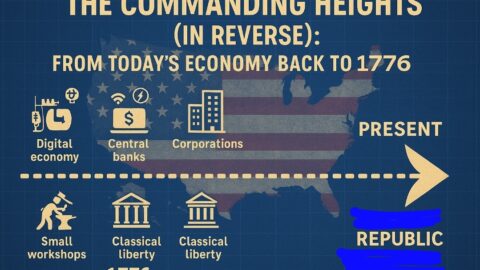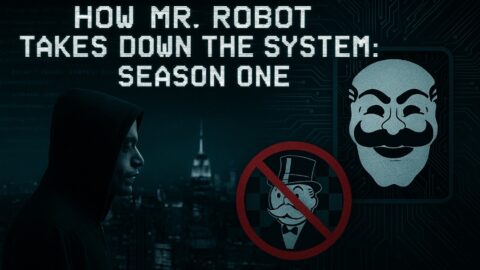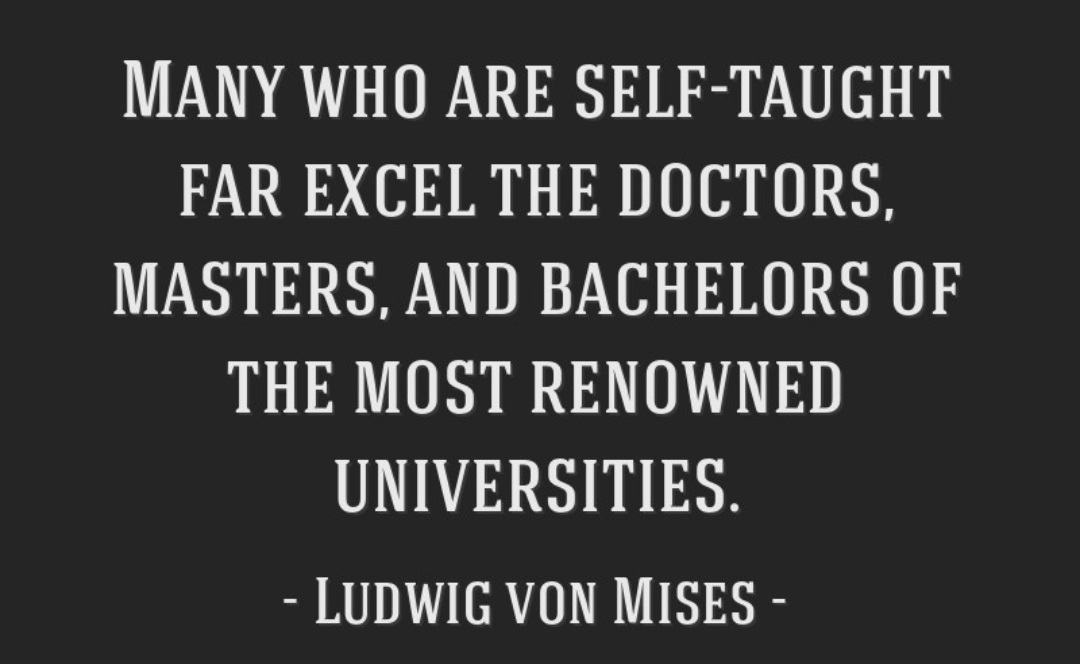
- We Need A Nation of Autodidact
- The True Meaning of Education: Beyond Degrees and Classrooms (Part 1)
The True Meaning of Education: Beyond Degrees and Classrooms (Part 2)
Education is one of the most misunderstood and manipulated aspects of human development. Many people equate education with schooling, believing that degrees and diplomas signify intelligence, wisdom, and preparedness for life. However, true education transcends structured classrooms and government-mandated curriculums. It involves the development of character, the ability to think critically, and the lifelong pursuit of knowledge.
This article explores why education is confusing for many, why the modern system fails to cultivate real thinkers, and how individuals can reclaim the true purpose of learning.
Education vs. Schooling: The Root of the Confusion
“I have never let my schooling interfere with my education.” – Mark Twain
One of the most significant misconceptions is that education and schooling are the same. They are not.
- Schooling is the process of attending an institution, memorizing information, and being graded on performance. It is largely standardized, designed for mass consumption, and focuses on compliance rather than independent thought.
- Education, on the other hand, is the lifelong pursuit of wisdom, knowledge, and personal development. It requires curiosity, self-motivation, and a willingness to challenge existing ideas.
Modern schooling systems often focus on indoctrination rather than inspiration, conditioning students to accept information without questioning it. Governments and corporations benefit from this model, as it produces obedient workers rather than independent thinkers.
“Good citizens don’t think. Thinking leads to reasoning, reasoning leads to right and wrong. Wrong leads to revolt, revolt leads to bad citizens.” – Lew Rockwell
Many parents and students assume that acquiring a diploma means they are educated, but a certificate does not equate to wisdom. Some of history’s most brilliant minds—like Albert Einstein, Leonardo da Vinci, and Steve Jobs—thrived because they pursued self-directed learning, not because they followed a rigid curriculum.
The Decline of Critical Thinking
“Education is not the learning of facts. It’s rather the training of the mind to think.” – Albert Einstein
Modern education is designed to produce passive consumers rather than active thinkers. A critical issue is the lack of emphasis on reasoning and logic. Instead, students are taught to regurgitate information without understanding how to analyze or question it.
Thomas Sowell explains this problem:
“The problem isn’t that Johnny can’t read. The problem isn’t even that Johnny can’t think. The problem is that Johnny doesn’t know what thinking is; he confuses it with feelings.“
Rather than developing independent, logical thought, students are conditioned to prioritize emotions over reason. This has led to a culture where opinions are formed based on feelings rather than facts, creating a society that is easily manipulated by media, politicians, and corporations.
Additionally, education systems prioritize memorization over comprehension. Students are trained to pass tests rather than understand the deeper meaning behind subjects. The result is a generation of people who lack problem-solving skills and rely on external authorities for answers.
“The general population doesn’t know what’s happening, and it doesn’t even know that it doesn’t know.” – Noam Chomsky
The Industrial Model of Education & Its Consequences
The modern education system was designed during the Industrial Revolution to create efficient workers for factories. It values obedience, repetition, and conformity over creativity and intellectual freedom.
“Men are born ignorant, not stupid; they are made stupid by education.” – Bertrand Russell
Instead of fostering independent thought, public education often conditions people to accept government narratives without question. This allows ruling elites to maintain control while limiting the potential of individuals.
Diane Ravitch exposes the corporate control of education through testing systems like Pearson and Common Core, which prioritize profits over real learning:
“Parents are beginning to understand that Pearson owns the tests, the textbooks, and the curriculum, and it is all aligned with the Common Core… Probably they will also fail the GED, because Pearson has aligned the GED with the Common Core, and passing rates plummeted by 90%.”
The shift toward corporate-driven education has created a system designed to fail students, ensuring they remain economically dependent rather than empowered.
Education as a Tool for Control vs. Empowerment
“We shall one day learn to supersede politics by education. What we call our root-and-branch reforms of slavery, war, gambling, intemperance, is only medicating the symptoms. We must begin higher up, namely, in education.” – Ralph Waldo Emerson
Education is the most powerful tool for societal change, but it can be used for both liberation and control. When people are truly educated, they are able to:
- Think independently
- Question authority
- Recognize manipulation
- Seek truth beyond propaganda
However, when education is weaponized by governments and corporations, it becomes a method of enslaving minds rather than freeing them.
Ray Bradbury warns that knowledge doesn’t have to be forcibly taken—it can simply be discarded by a society too distracted to care:
“The problem in our country isn’t with books being banned, but with people no longer reading. You don’t have to burn books to destroy a culture. Just get people to stop reading them.”
This is why intellectual curiosity is essential. Education should be about lifelong learning, deep reading, and challenging ideas, not just acquiring diplomas.
Reclaiming True Education: Solutions & Call to Action
If the modern system is broken, how can individuals reclaim real education?
A. Self-Directed Learning
Education does not stop after school. Some of the most successful people in history were autodidacts (self-taught learners). To break free from institutionalized thinking, individuals should:
- Read classical literature, philosophy, and history
- Develop critical thinking and logic skills
- Question mainstream narratives and seek alternative perspectives
B. Strengthening Independent & Homeschool Education
Parents play a key role in educating their children outside of state influence. Many are turning to:
- Homeschooling
- Classical education models that emphasize logic, philosophy, and debate
- Alternative schooling systems that prioritize independent thought
C. Promoting Freedom of Speech & Intellectual Debate
An educated society is one that allows free speech and open discussion. Schools should focus on debate, dialogue, and challenging ideas, rather than enforcing political or ideological conformity.
D. Returning to Moral & Ethical Foundations
David O. McKay stated:
“True education does not consist merely in the acquiring of a few facts… but in the development of character.”
Character development—rooted in integrity, responsibility, and moral reasoning—is missing in modern education. A return to ethics-based learning can restore purpose and meaning to education.
Conclusion: A Call to True Education
The illusion that a diploma equals education has led to a crisis in thinking, values, and independence. Schools today often indoctrinate rather than educate, prioritizing political agendas, corporate profits, and social compliance over genuine learning.
However, true education is about:
- Developing wisdom and character
- Cultivating independent thought and curiosity
- Learning beyond formal schooling
- Challenging narratives and seeking truth
By rejecting passive consumption and embracing active, lifelong learning, individuals can break free from the chains of institutionalized ignorance and reclaim their intellectual and personal sovereignty.
